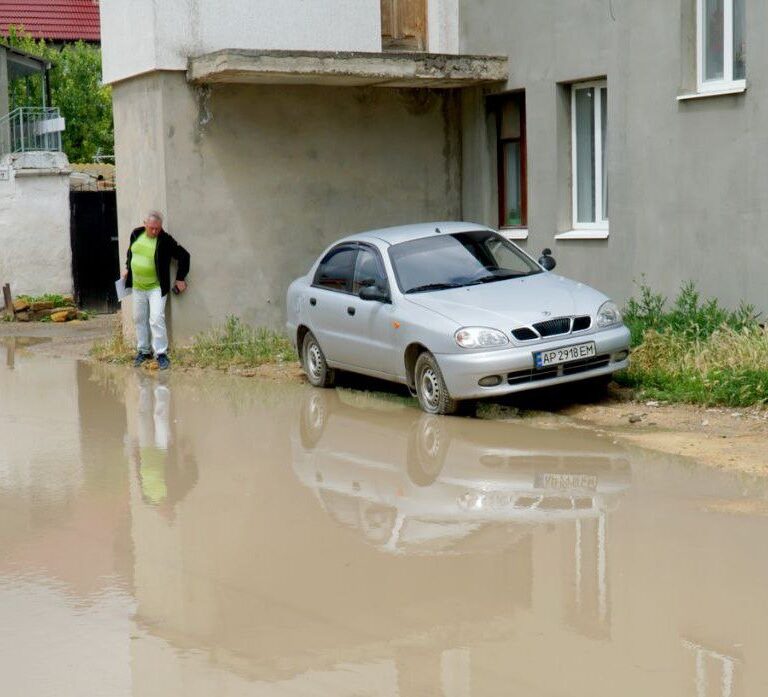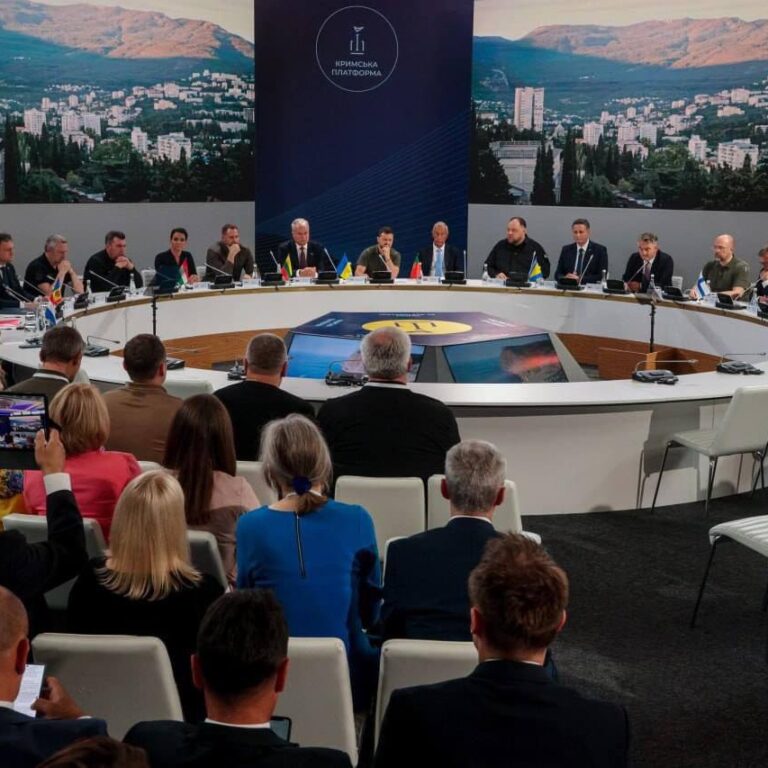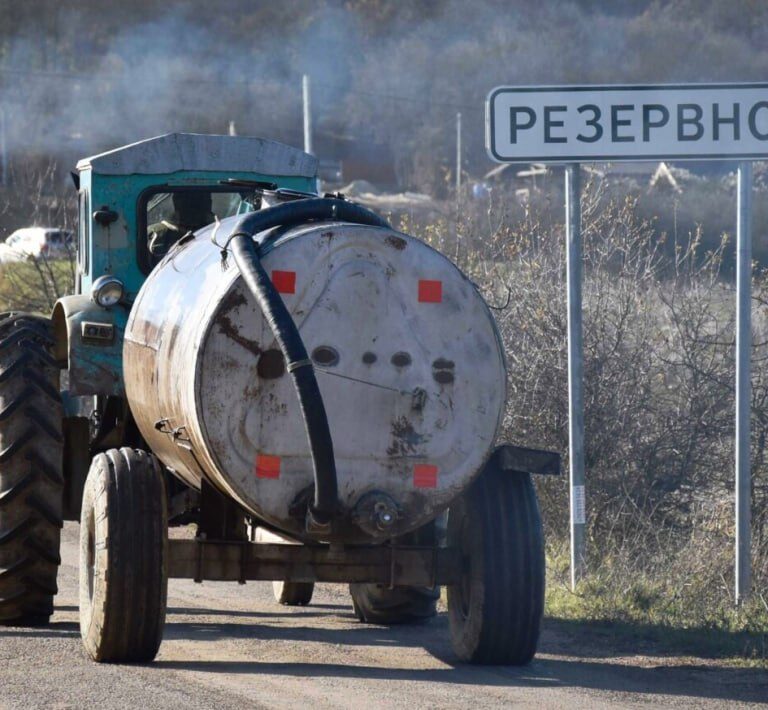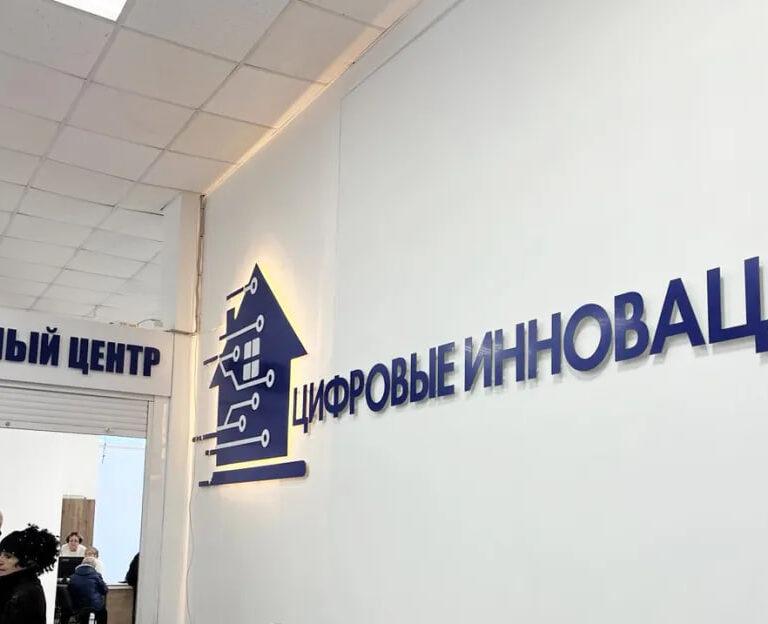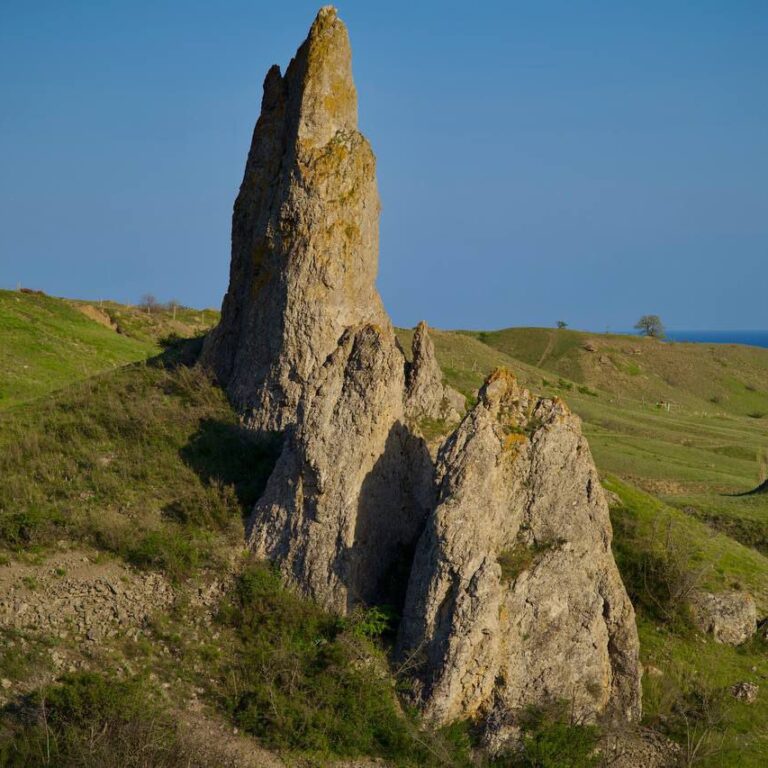The decade of occupation of Crimea prompted the aggressor to produce new “book novelties”, where the invaders’ propaganda often had a tragicomic character. Among other things, in Simferopol, the elderly Russian spy Georgy Muradov presented a “collection of historical documents”, in the fabrication of which, in addition to the aggressor’s Ministry of Foreign Affairs, the so-called “Central Museum of Taurida” with its odious “director” Andrei Malgin, involved in the looting of works of art, also took part.
However, this masterpiece is now clearly “subject to adjustment”, since, according to the “saints” from the Kremlin dictator, which Muradov recalled, the aggressor will consider the “blessed four”, Sergei Aksyonov, Vladimir Konstantinov, Alexei Chaly and Oleg Belaventsev, to be the “main characters” of the occupation, about which the collaborators were “informed” just a couple of days ago.
In addition to this panopticon, Muradov decided to boast at the book presentation that “a month ago, a descendant of Catherine the Great and Grigory Potemkin, Andrei Kalageorgi, received Russian citizenship and declared his desire to live in the Crimea”.
A year ago, Karalegorgi, declaring himself a “native of California” and “an artist living near Paris”, but in fact “discovered” on social networks as an English tutor from St. Petersburg, where he had lived for quite a long time, was already conducting a “Yalta tour” on a fake “international conference”. Even then, we wrote that this person and his curators had been trying for a long time to exploit the historical myth about the “daughter of Catherine II” Elizabeth Temkina (Kalageorgi by her husband).
It was stated that even if we are uncritical of both the fantastic biography of Kalageorgi himself and his supposed “kinship with Temkina,” then Temkina herself, at least, was definitely not a relative of the Russian emperors, and this issue was forever closed by historians about 200 years ago.
However, the collaborators “had problems” with Nikolai Gogol, since at the event they decided to “quote” supposedly his phrase “love Russia,” although in fact, on this occasion, Gogol’s distorted phrase had a characteristic continuation: “without illnesses and suffering, which in such many have accumulated inside her and whose fault is our own, none of us would feel compassion for her.”
Against this background, I was not surprised by another “book presentation” that took place in parallel, namely graphomania with an imitation of an autobiography from Sergei Shuvainikov, who dedicated another “imperishable book” “for the Russian unity of Crimea and against Russophobia” to Putin, Sergei Aksyonov and Vladimir Konstantinov.
This is the third set of letters from the old Kremlin agent Shuvainikov, and the most notable thing in this series of books is its general title “My Struggle”, apparently borrowed by the author from the manifesto of the same name by his spiritual parents, the German Nazis and personally from Hitler.



